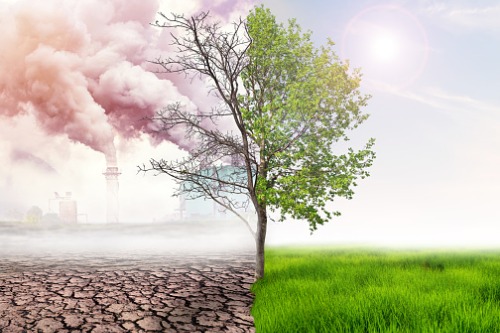

Climate change continues to wreak havoc around the world – and the environment is not the only one affected, with Wellington’s Motu Economic and Public Policy Research revealing that climate change could drive up Earthquake Commission (EQC) weather damage claims in the future.
The report, which analysed more than 8,000 claims lodged to the EQC from 2000 to 2017, warned that government insurance payouts for homes damaged in weather-related disasters could rise to 25% by the end of the century due to climate change. Private home insurers are more likely to hike prices or withdraw coverage altogether.
“The increase we have projected in the public insurer’s liabilities can inform private insurers and regulators,” Ilan Noy, study co-author and chair in the economics of disasters at Victoria University of Wellington, said – as reported by NZ Herald. “Whether this increase necessitates a change to the number of premiums the EQC collects annually or in the types of risks it insures are questions for future research and policy decisions.”
The authors advised EQC to plan for future payouts for weather damage between 9% and 25% higher than those currently being seen.
Earlier this week, the Insurance Council of New Zealand (ICNZ) also revealed that weather-related losses last year cost insurers $118.8 million – making 2019 the sixth most expensive year for the industry since 2010.
“What was looking to be a benign year for extreme events changed in the last few months when we saw some extraordinary losses emerge from unexpected quarters, confirming the value of insurance to cover the unforeseen,” Tim Grafton, chief executive of ICNZ, said.
“Wider climate research supports the need to adapt and take steps to reduce risk. We must adapt to the changes we are seeing and take steps to reduce risks where possible to minimise the social and economic cost and impact on us all.”
